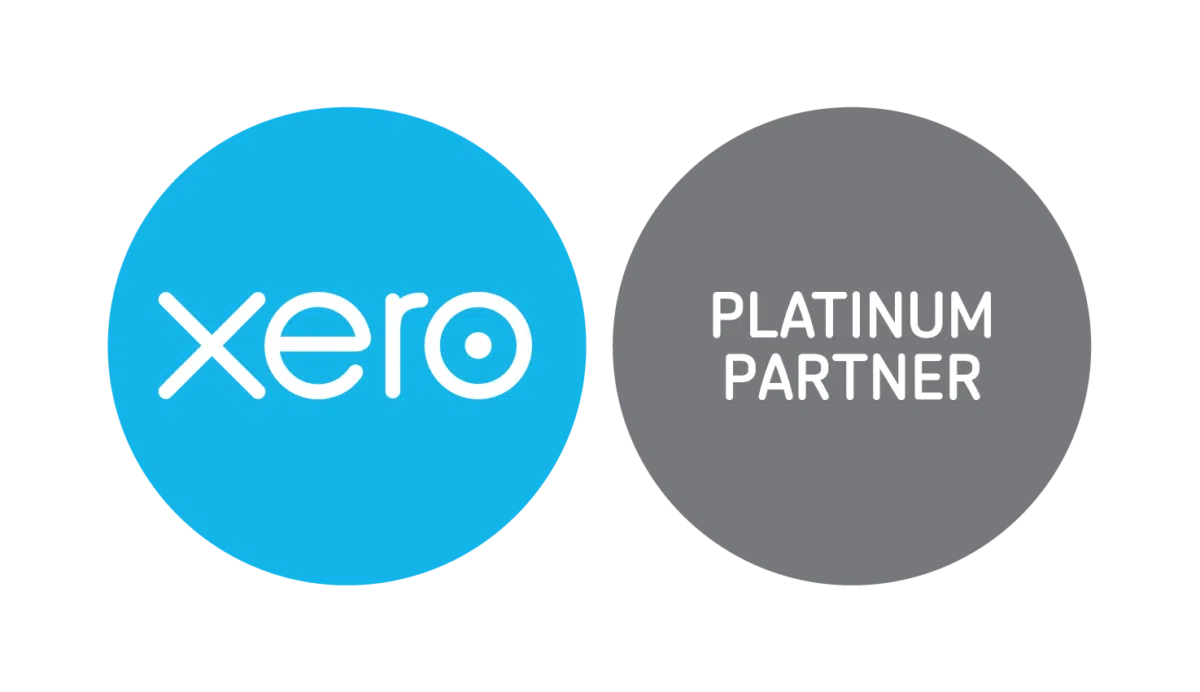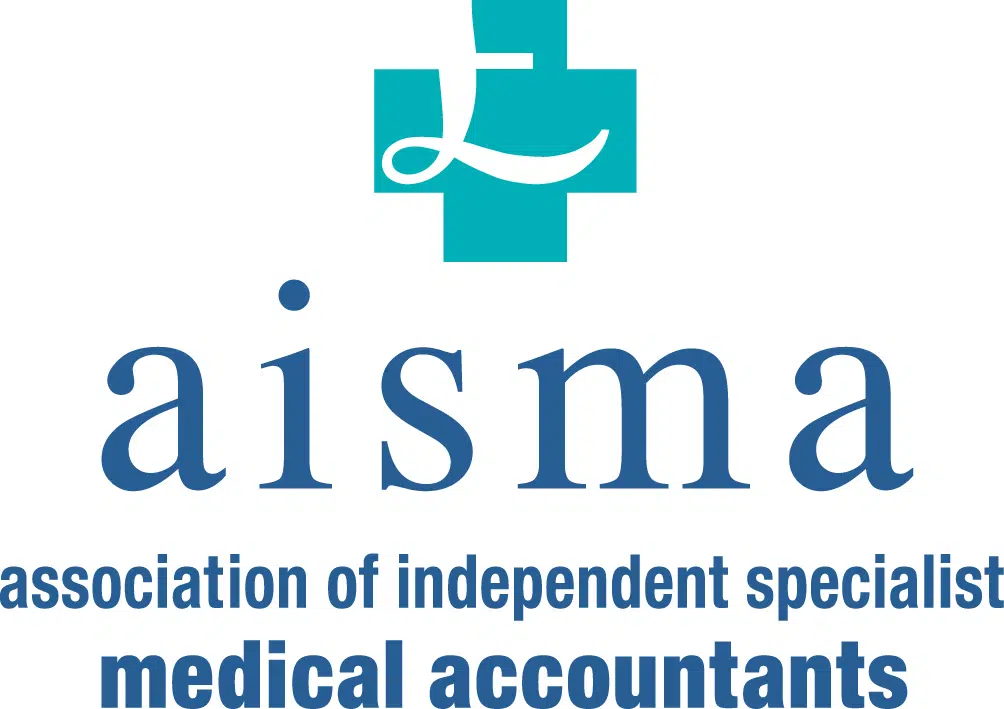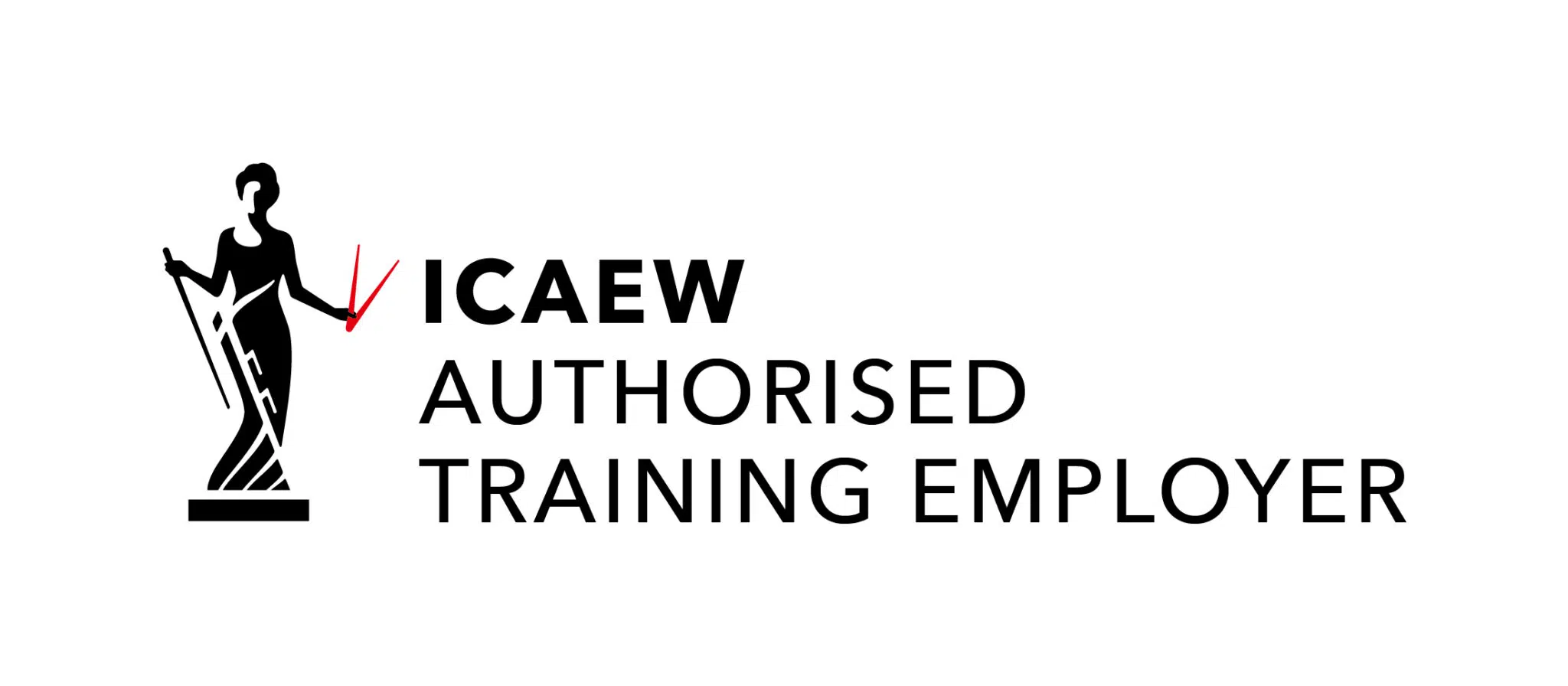Tribunal rules on whether expenditure was deductible for capital gains tax
Published: 14th November 2023
Case background
Wayne Bottomer (W) had money to invest in the property market. Stuart Bottomer (S), an accountant and distant relation, put him on to a property that was suitable for development. W went ahead with the acquisition and agreed to pay S a fee for the introduction. S took over much of the project management because W became unwell. As a result, the deal changed so that S would be paid 50% of any profit made from the sale of the property.
The calculation
W worked out the gain (almost £64,000) from selling the property, deducted the 50% he paid to S and declared the rest as his gain. HMRC accepted the calculation with one key exception; it refused the deduction for the £32,000 paid to S and made W chargeable for the whole gain. HMRC would not be persuaded to accept W’s approach and so he appealed to the First-tier Tribunal (FTT).
Before discussing the arguments it’s interesting to note that HMRC accepted that the profit made from the sale of the property was a capital gain and not a trading profit from property development. Had it done so it would have had to allow the £32,000 as a deduction in working out W’s profit. A cynical view would be that HMRC opted to accept the profit as a gain because it thought it would collect more tax. However, the FTT wasn’t asked to consider this point and so we’ll never know HMRC’s reasoning.
HMRC’s argument
At the FTT HMRC argued that only expenses set out in s.38(1)(2) Taxation of Chargeable Gains Act 1992 can be deducted in calculating a capital gain. Its internal guidance says, in capital letters, “NO OTHER EXPENDITURE IS ALLOWABLE”.
S.38 only allows deductions for costs wholly and exclusively incurred in: (1) acquiring the asset; (2) improving (enhancing the value) of the asset; (3) expenses associated with those costs; and (4) “incidental costs”. The latter only includes costs mentioned in s.38(2) which are:
- “fees, commission or remuneration paid for the professional services of any surveyor or valuer, or auctioneer, or accountant, or agent or legal adviser
- the transfer or conveyance (including stamp duty) of the asset
- advertising for a seller/buyer; or
- making a valuation required for the purposes of the computation of the gain.”
FTT’s ruling
The FTT could not find fault with HMRC’s argument. The rules on what can be deducted when working out a capital gain are clear and allow for no deduction for payments made to reflect what was a profit (gain) sharing agreement. The FTT ruled in HMRC’s favour.
In reality W made a gain of £32,000 which makes the FTT’s ruling seem illogical and unfair. But this is one of those cases where fairness and the tax rules are at odds with each other.
This case is a salutary reminder to take tax advice from an expert before (not after!) signing any agreement unless you’re 100% confident you understand the tax position. W could have easily avoided a tax problem by, e.g. sticking with the original plan of paying S a finder’s fee.











